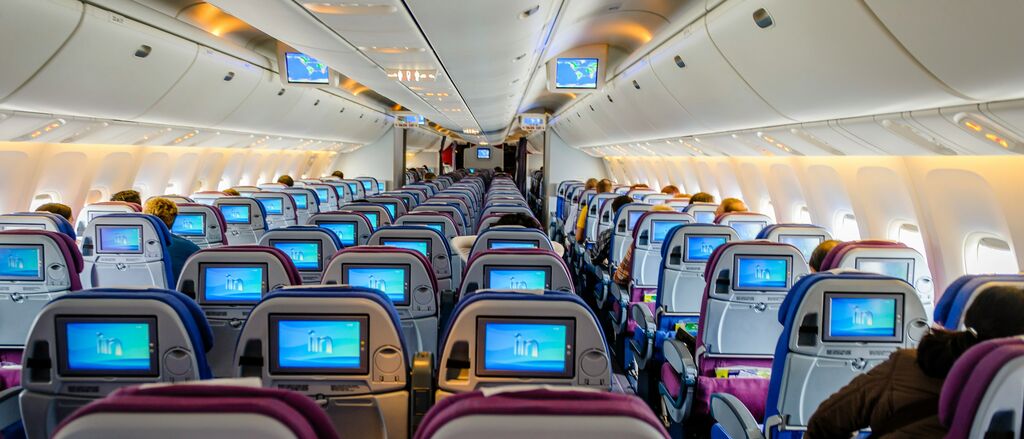
CTOT Delays or cancellations and your right to compensation under EU Regulation 261/2004
Tuesday, April 29, 2025
What is a CTOT?
CTOT stands for Calculated Take-Off Time. It is a time assigned to a flight by air traffic control to ensure a smooth and safe flow of air traffic. Think of it as your flight’s "appointment" for take-off. A CTOT is assigned to a certain flight only after the airline has communicated its flightplan, often months if not a year before the scheduled flight. A CTOT tells pilots and airlines when they should aim to get airborne.
What causes a CTOT Delay?
In short a CTOT delay occurs when a flight can not be carried out as planned. The CTOT can be changed by air traffic control either due to circumstances outside of the airlines control, like:
- Congested airspace over certain regions
- Weather disruptions like storms or fog
- Capacity limitations at destination or en-route airports
However, more often than not causes of CTOT delays can also be due to the airline, for example;
- A delayed check-in process
- Delayed boarding
- Late arrival of on-board food and drinks
- A multitude of technical reasons
These circumstances lead to the plane not being able to leave the gate according to the flightplan, which then directly impacts the assigned CTOT. The airline has to then let air traffic control know that they will not be able to make their assigned CTOT. As a result the airline can lose its CTOT slot or get a new, later CTOT, causing delays.
When a CTOT delay is issued, the flight may have to remain at the gate or wait in a designated area until it is cleared for departure.
CTOT Delays: Am I entitled to compensation?
Under EU Regulation 261/2004, passengers are entitled to compensation if their flight is delayed by more than three hours upon arrival, unless the delay was caused by "extraordinary circumstances."
Extraordinary circumstances can include severe weather, political unrest, or air traffic control strikes. However, not all CTOT delays automatically qualify as extraordinary circumstances. Each case is different, and airlines oftentimes incorrectly deny compensation claims by citing "air traffic control delay" without properly proving that situation was truly an extraordinary circumstance. They must provide clear evidence that the CTOT delay was due to extraordinary circumstances and that all reasonable measures were taken to avoid the delay.
While air traffic control or CTOT delays are part of keeping air travel safe and orderly, that doesn't mean you should automatically accept a denied compensation claim. If your flight was delayed and you arrived at your destination over three hours late, you may well have a right to compensation.
How can I claim compensation for a CTOT delay?
Use our free Claim Calculator to see if you are entitled to compensation! Our experts will investigate your claim and if the analysis shows that the disruption was due to extraordinary circumstances, we will close your case free of charge. We only charge a fee if we succeed in obtaining your compensation from the airline, because we work on a “no win, no fee” basis!



Did you like this content ?
Thanks you made our day!
Therapy is expensive - help us be better!
Well received, thanks!